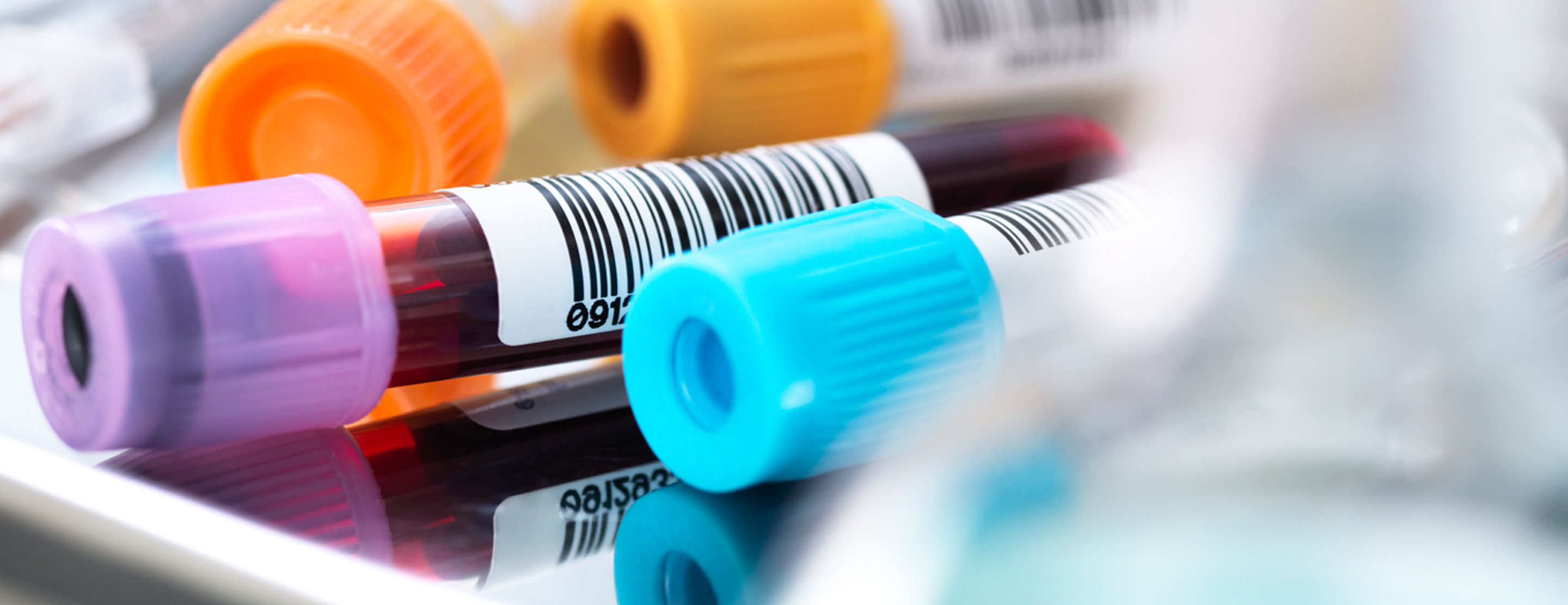
Creatine phosphokinase test
Definition
Creatine phosphokinase (CPK) is an
Alternative Names
CPK test
How the Test is Performed
A blood sample is needed. This may be taken from a vein. The procedure is called a
This test may be repeated over 2 or 3 days if you are a patient in the hospital.
How to Prepare for the Test
No special preparation is needed most of the time.
Tell your health care provider about any medicines you are taking. Drugs that can increase CPK measurements include amphotericin B, certain anesthetics, statins, fibrates, dexamethasone, alcohol, and cocaine.
How the Test will Feel
You may feel slight pain when the needle is inserted to draw blood. Some people feel only a prick or stinging sensation. Afterward, there may be some throbbing.
Why the Test is Performed
When the total CPK level is very high, it most often means there has been injury or stress to muscle tissue, the heart, or the brain.
Muscle tissue injury is most likely. When a muscle is damaged, CPK leaks into the bloodstream. Finding which specific form of CPK is high helps determine which tissue has been damaged.
This test may be used to:
- Diagnose
heart attack - Evaluate cause of
chest pain - Determine if or how badly a muscle is damaged
- Detect
dermatomyositis ,polymyositis , and other muscle diseases - Tell the difference between
malignant hyperthermia and postoperative infection
The pattern and timing of a rise or fall in CPK levels can be significant in making a diagnosis. This is particularly true if a heart attack is suspected.
In most cases other tests are used instead of or with this test to diagnose a heart attack.
Normal Results
Total CPK normal values:
- 10 to 120 micrograms per liter (mcg/L)
Normal value ranges may vary slightly among different laboratories. Some labs use different measurements or test different samples. Talk to your provider about the meaning of your specific test results.
What Abnormal Results Mean
High CPK levels may be seen in people who have:
- Brain injury or stroke
Convulsions - Delirium tremens
- Dermatomyositis or polymyositis
Electric shock - Heart attack
- Inflammation of the heart muscle (myocarditis)
- Lung tissue death (pulmonary infarction)
- Muscular dystrophies
- Myopathy
Rhabdomyolysis
Other conditions that may give positive test results include:
Hypothyroidism - Hyperthyroidism
Pericarditis following a heart attack
Risks
Risks associated with having blood drawn are slight but may include:
- Excessive bleeding
- Fainting or feeling lightheaded
- Hematoma (blood accumulating under the skin)
- Infection (a slight risk any time the skin is broken)
Considerations
Other tests should be done to find the exact location of muscle damage.
Factors that may affect test results include
References
Anderson JL. St segment elevation acute myocardial infarction and complications of myocardial infarction. In: Goldman L, Schafer AI, eds. Goldman-Cecil Medicine. 25th ed. Philadelphia, PA: Elsevier Saunders; 2016:chap 73.
Carty RP, Pincus MR, Sarafraz-Yazdi E. Clinical enzymology. In: McPherson RA, Pincus MR, eds. Henry's Clinical Diagnosis and Management by Laboratory Methods. 23rd ed. Philadelphia, PA: Elsevier; 2017:chap 20.
Mccullough PA. Interface between renal disease and cardiovascular illness. In: Zipes DP, Libby P, Bonow RO, Mann DL, Tomaselli GF, Braunwald E, eds. Braunwald's Heart Disease: A Textbook of Cardiovascular Medicine. 11th ed. Philadelphia, PA: Elsevier; 2019:chap 98.
Nagaraju K, Gladue HS, Lundberg IE. Inflammatory diseases of muscle and other myopathies. In: Firestein GS, Budd RC, Gabriel SE, McInnes IB, O'Dell JR, eds. Kelley and Firestein's Textbook of Rheumatology. 10th ed. Philadelphia, PA: Elsevier Saunders; 2017:chap 85.
Review Date: 01/28/2019
The information provided herein should not be used during any medical emergency or for the diagnosis or treatment of any medical condition. A licensed physician should be consulted for diagnosis and treatment of any and all medical conditions. Call 911 for all medical emergencies. Links to other sites are provided for information only -- they do not constitute endorsements of those other sites. Copyright ©2019 A.D.A.M., Inc., as modified by University of California San Francisco. Any duplication or distribution of the information contained herein is strictly prohibited.
Information developed by A.D.A.M., Inc. regarding tests and test results may not directly correspond with information provided by UCSF Health. Please discuss with your doctor any questions or concerns you may have.





